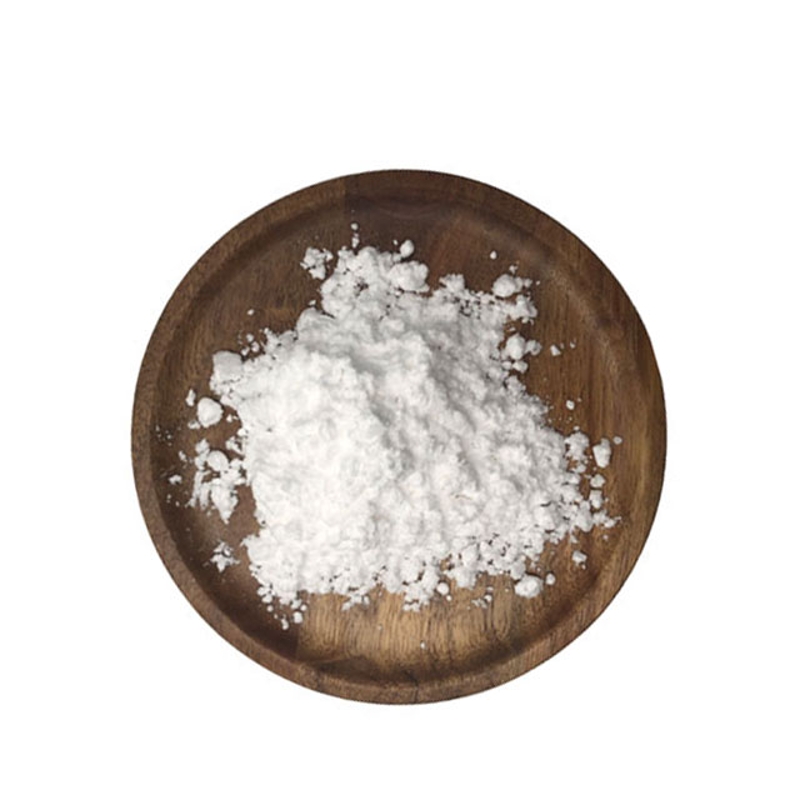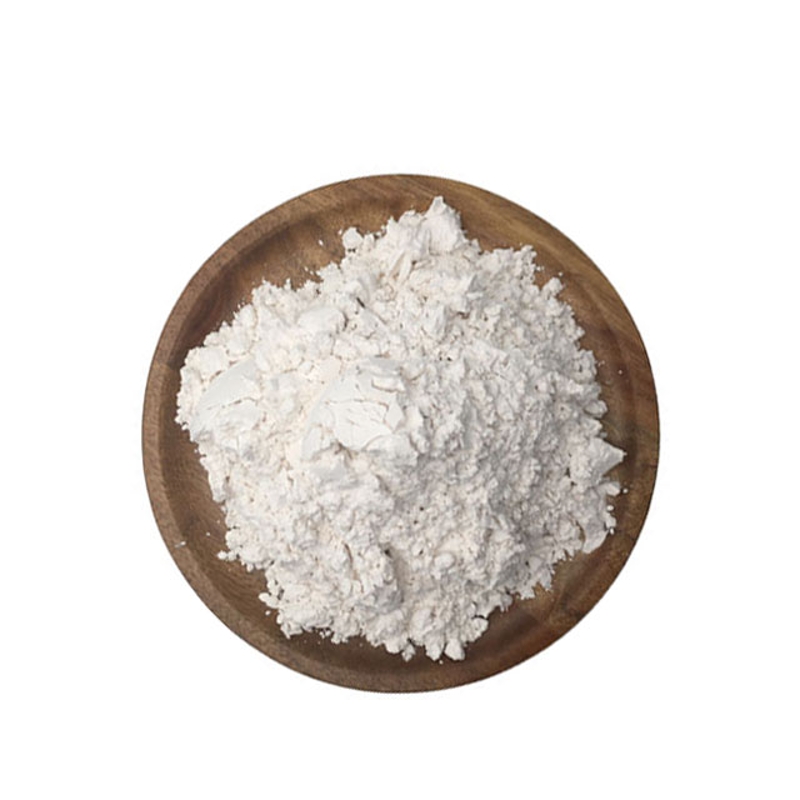-
Categories
-
Pharmaceutical Intermediates
-
Active Pharmaceutical Ingredients
-
Food Additives
- Industrial Coatings
- Agrochemicals
- Dyes and Pigments
- Surfactant
- Flavors and Fragrances
- Chemical Reagents
- Catalyst and Auxiliary
- Natural Products
- Inorganic Chemistry
-
Organic Chemistry
-
Biochemical Engineering
- Analytical Chemistry
- Cosmetic Ingredient
-
Pharmaceutical Intermediates
Promotion
ECHEMI Mall
Wholesale
Weekly Price
Exhibition
News
-
Trade Service
Non-alcoholic fatty liver (NAFLD, commonly known as fatty liver) is the most common chronic liver disease, affecting approximately 25% of adults.
Non-alcoholic fatty liver (NAFLD, commonly known as fatty liver) is the most common chronic liver disease, affecting approximately 25% of adults.
And last year, a study published in the top gastrointestinal journal GUT-by researchers from Karolinska Institute in Sweden and Massachusetts General Hospital in the United States reported after studying data from a 51-year cohort study in Sweden, even if it is light Degree of fatty liver also increases the risk of death by 71%, and the risk is proportional to the severity of fatty liver.
Even mild fatty liver can increase the risk of death by 71%, and the risk is proportional to the severity of fatty liver.
In 2019, Professor Li Hongliang, former dean of the School of Basic Medical Sciences of Wuhan University, published a meta-analysis in the journal Hepatology.
In the past 10 years, the number of fatty liver patients in China has jumped from 18% to 29.
Everyone knows that NAFLD is closely related to the risk of liver cancer, but what about other cancers? Recently, hepatologists from the Karolinska Institute in Sweden and the Massachusetts General Hospital once again conducted a comprehensive study on the cancer risk of NAFLD patients, and the results were again published in the Hepatology journal.
Researchers conducted a population-based cohort study of all adults with NAFLD histologically defined in Sweden from 1966 to 2016 (N=8892).
NAFLD patients and the control group of the general population without NAFLD were matched according to age, gender, etc.
During the 13.
The overall cancer incidence of NAFLD patients increased significantly by 27% (10.
According to the specific stratification of NAFL, NASH, liver fibrosis and cirrhosis, the incidence of HCC in all patients also increased (0.
Diabetes compared with the control group, patients with these different stages of NAFLD are increased risk of hepatocellular carcinoma 61%, 145% and 395% correlation.
NAFLD also increases the incidence of pancreatic cancer , kidney cancer, bladder cancer and melanoma.
In summary, in all stages of fatty liver, it will significantly increase the risk of hepatocellular carcinoma and overall cancer.
references:
Simon TG, et al.
onlinelibrary.
wiley.
com/doi/10.
1002/hep.
31845" target="_blank" rel="noopener">Cancer Risk in Patients With Biopsy-Confirmed Nonalcoholic Fatty Liver Disease: A Population-Based Cohort Study.
Leave a message here







